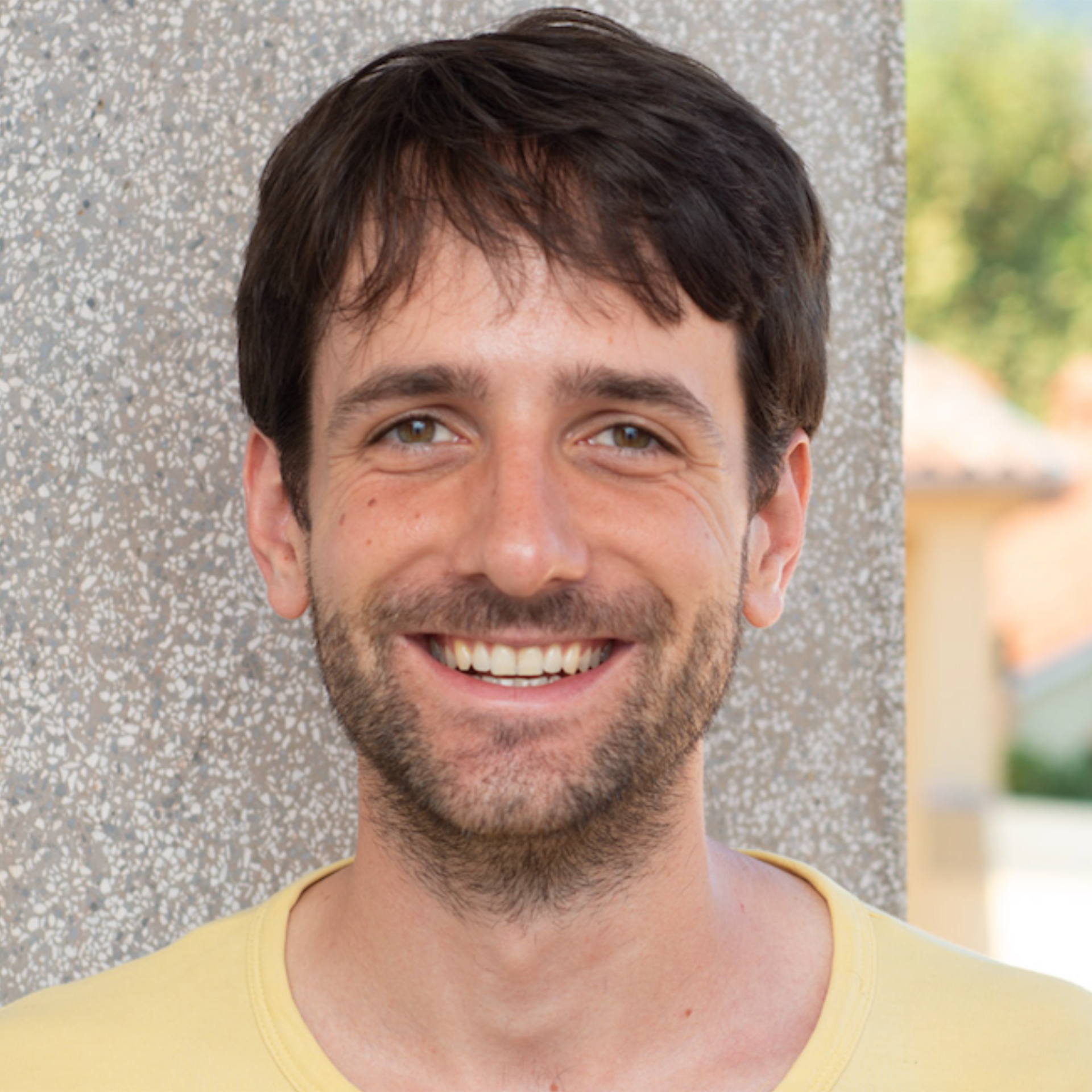Alternatives to conventional punishment of drug offenders: the case of cannabis
ABOUT THE PROJECT
The objective of the research project is to examine the possibility of introducing alternative ways of dealing with offenders (misdemeanours, i. e. minor offences and criminal acts) in relation to illicit drugs, specifically cannabis. The focus of the research will be on the possibilities of alternative treatment for offenders in possession of small quantities of illicit drugs. In these cases, the offences are relatively minor and are typically committed by users (rather than, for example, distributors and sellers) of illicit drugs. Cannabis was chosen as an example because it is extremely widespread and normalised in the Slovenian population, including among young people. The target research project will test the hypothesis that the implementation or introduction of alternative offender management aimed at helping individuals with drug dependence problems and psycho-social problems, i.e. the prevention of drug abuse, would lead to a reduction in the number of offenders. Instead of the ineffective in practice sanctioning with fines, this would be an advance in the field of public health and would benefit offenders and society as a whole. The project takes a multi-faceted approach to researching the problem. The first step will be to analyse the possibilities for alternative treatment of drug offenders under the current legal framework. We will examine the overarching legislation and other regulations in this area (the Criminal Code, the Law on Misdemeanours, the Law on Production and Trade in Narcotic Drugs, the Law on Criminal Procedure, etc.) and identify offences where alternative treatment of offenders would be reasonable, examine what sanctions are envisaged for them and the alternative treatment options already available to the competent authorities. The analysis of the normative framework will be significantly complemented by an analysis of the available statistical data on the treatment of cannabis offenders. Indeed, one of the key problems in considering alternative treatment for cannabis offences is the lack of reliable data and research on how offenders are treated in practice. First, we will identify what data is collected and available to us. We will then make a plan to analyse the available data. The analysis of the data will show whether alternative treatment of offenders is already being used in practice and will allow a comparison of drug offences in general and cannabis offences in particular with all other offences and their treatment. The analysis of Slovenian law and practice will be significantly complemented by a comparative legal analysis of the regulation of cannabis in two comparable countries (one with a decriminalised system and one with a criminalised system but with the possibility of alternative treatment). A general overview of the legal regulation of cannabis and the treatment of cannabis-related offenders in EU countries will be carried out. Experiences and solutions from the comparator countries will contribute to the understanding of good practices and options that have already proven to be effective and appropriate in practice. Based on the findings of the project, we will analyse the current options for different ways of dealing with offenders, focusing on the concepts of alternative treatment. These findings will be presented in the interim and final reports and will contribute to the quality of the seminar on meaningful solutions for the treatment of drug offenders, with the presentation of good practices from abroad – additional training for judicial authorities and employees of the Judiciary, Probation, Police, Social Work Centres and health services.
Project Type: Target Research Programme
Project Code (SICRIS): V5-2324
Duration: 1. 10. 2023 – 30. 9. 2025
WORK PACKAGES
The project is divided into five work packages:
- project management,
- examination of the normative framework that defines criminal conduct related to illicit drugs and the treatment of perpetrators,
- analysis of available data on sanctioning of minor offences related to illicit drugs, with an emphasis on cannabis,
- comparative legal analysis of drug regulation
analysis of the feasibility of different ways of treating perpetrators of illicit conduct related to cannabis (minor offences and criminal offences), - dissemination.
PROJECT PARTNERS
The project leader is Dr. Kristina Čufar, Institute of Criminology at the Faculty of Law in Ljubljana.
Research project members

Kristina Čufar
project leader

Renata Salecl

Katja Filipčič

Miha Hafner

Iva Ramuš Cvetkovič






